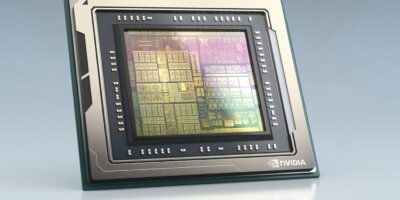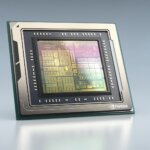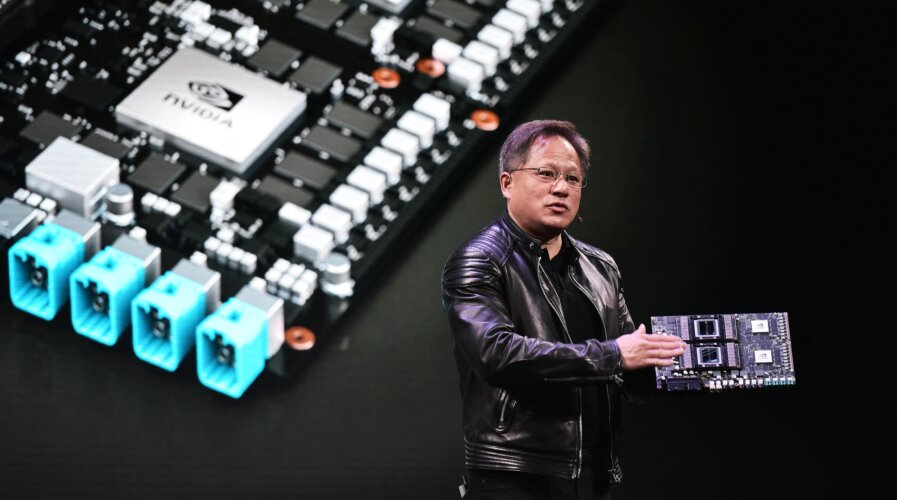
Buyers in China are resisting Nvidia’s adoption of less powerful AI chips, a response to the export restrictions imposed by the US. (Photo by MANDEL NGAN / AFP) (Photo by MANDEL NGAN/AFP).
Nvidia faces dilemma as China shuns downgraded AI chips
- Buyers in China are resisting the adoption of less powerful AI chips by Nvidia, a response to the export restrictions imposed by the US.
- The H20 chip is the most powerful of three China-focused chips Nvidia developed, and there are plans to begin mass production in the second quarter of 2024.
- Has Nvidia made a blunder, offering China neutered silicon to appease the US?
In a strategic maneuver blending innovation with geopolitical compliance, Nvidia Corp has recently unwrapped a variant of its gaming processor, the GeForce RTX 4090 D chip, designed to align with stringent US export controls, enabling its lawful sale in the Chinese market. This technological ballet comes at a time when Nvidia, poised for a market splash this month with the RTX 4090 D, concurrently charts a course for the second quarter of the year, initiating mass production of the H20 chip—an AI powerhouse designed to adhere to the intricate dance of US export regulations for China.
Yet, a challenging crescendo emerges amid this orchestrated symphony of silicon and policy. Reports echo the hesitancy of Chinese companies to embrace the diluted allure of Nvidia’s chips–especially considering the forthcoming release of the downgraded H20. Reports now indicate that Chinese clients are cautiously exploring domestic alternatives, fearing the specter of potential tightening in US restrictions.
The plot thickens in this delicate dance between technological prowess and geopolitical maneuvering, leaving the stage open for an unpredictable interplay of innovation and regulation.
What has Nvidia been doing for China?
In adherence to the latest US regulations governing chip exports, Nvidia has consistently introduced specialized AI chips and graphics cards explicitly tailored for the Chinese market. It all started with the A800 and H800, introduced as alternatives for Chinese customers in November 2022, about a month after the US first restricted exports of advanced microchips and equipment to China.
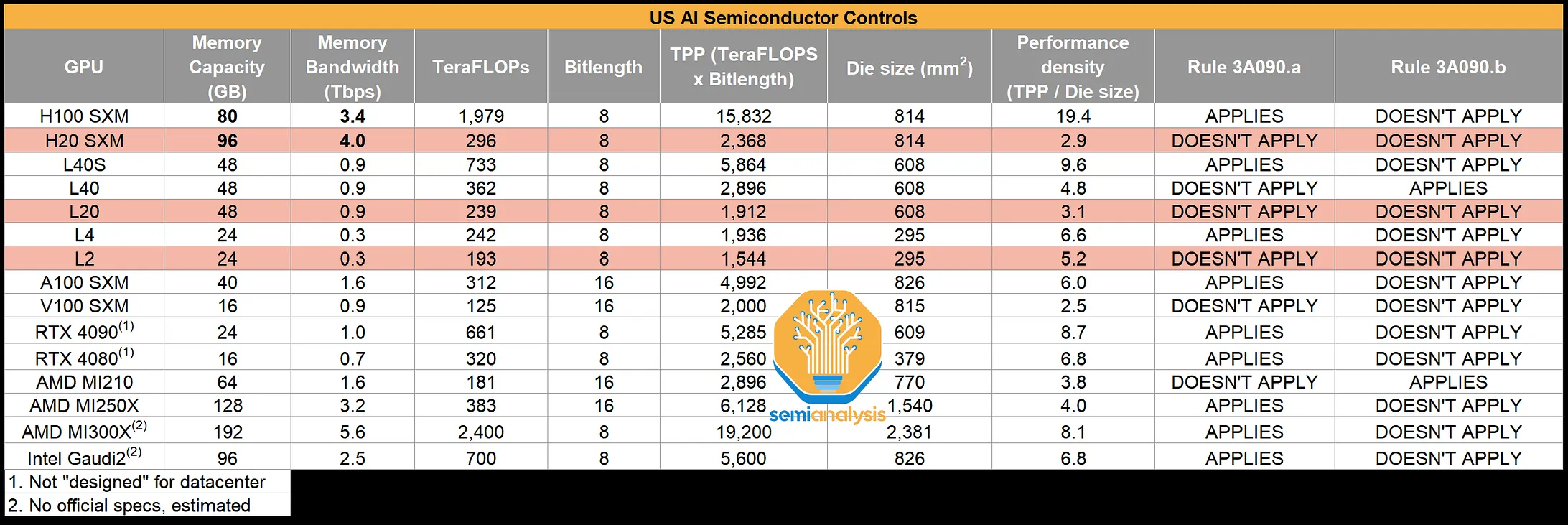
Details on Nvidia’s new GPUs, the H20, L20, and L2. Source: SemiAnalysis.
Unfortunately, a year into the October 2022 export control, the US further tightened its restrictions, which led to the barring of the shipments of advanced A800 and H800 AI chips to China. In response to the October 2023 renewed restrictions, Nvidia planned three other chips to comply with new US export rules – the H20, L20, and L2.
In November last year, citing two sources familiar with the matter, Reuters reported that Nvidia has communicated to its clientele that the speculated H20 GPU, crafted to navigate through the export control measures imposed by the Biden administration on China, is anticipated to be unavailable until February or March this year.
The H20, L20, and L2 include most of Nvidia’s newest features for AI work. Still, some. Still, some of their computing power measures were cut back to comply with new US rules, according to SemiAnalysis’ analysis of the chips’ specifications. But the question remains: does China even want the downgraded version of Nvidia’s AI chips?
China would instead source a domestic alternative
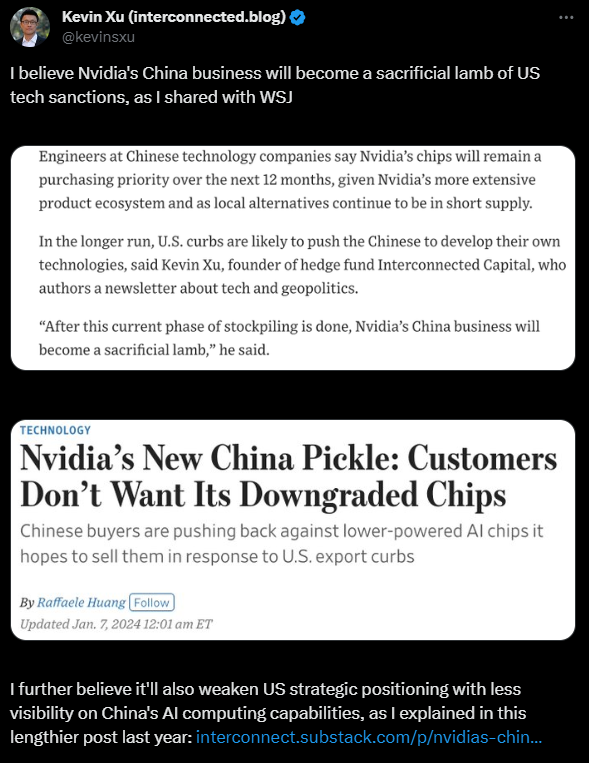
Nvidia – a sacrificial lamb? Source: X.com.
For a start, according to sources cited by The Wall Street Journal (WSJ), since November 2023, major cloud service providers (CSP) in China, such as Alibaba and Tencent, have been testing samples of Nvidia’s special chips.
These Chinese enterprises have conveyed to Nvidia that the quantity of chips they plan to order in 2024 will be significantly lower than their initial plans.
In short, the new challenge is that significant Chinese CSPs are not interested in buying these chips’ lower-performing versions. A report by TrendForce indicated that Chinese enterprises have been testing the highest-performance version, H20, of Nvidia’s “special edition” AI chips.
“Some testers have mentioned that this chip enables efficient data transfer among multiple processors, making it a better choice than domestic alternatives for building chip clusters required for processing AI computational workloads,” the report reads. Nevertheless, testers highlight the necessity for additional H20 to offset the performance difference compared to earlier Nvidia chips, leading to increased expenses.
According to the report by the WSJ, the advantage in the performance of Nvidia’s “downgraded” chips over domestic Chinese alternatives is diminishing in the short term, making locally manufactured chips more appealing to buyers. The report indicates that influential entities such as Alibaba and Tencent are shifting some advanced semiconductor orders to domestic companies, leaning towards internally developed chips.
This shift in sourcing behavior is also noticeable among the other major chip purchasers, including Baidu and ByteDance. According to TrendForce data, around 80% of the high-end AI chips Chinese cloud computing companies use are currently sourced from Nvidia. However, this proportion may decrease to 50% or 60% in the next five years.
In the long term, TrendForce believes Chinese customers will begin to express uncertainty about Nvidia’s ability to consistently supply chips due to the potential tightening of chip export controls by US regulatory authorities. Focusing on independent AI chip development, Chinese CSPs like Baidu and Alibaba actively invest in autonomous AI chip initiatives.
Baidu introduced its first self-developed ASIC AI chip, Kunlunxin, in early 2020, with plans for the second generation in 2021 and the third in 2024. After acquiring Zhongtian Micro Systems and establishing T-Head Semiconductor, Alibaba began creating its ASIC AI chips, including the Hanguang 800.
TrendForce reports that while T-Head initially collaborated with external companies for ASIC chip design, post-2023, Alibaba is anticipated to increasingly rely on internal resources to strengthen the independent design capabilities of its next-gen ASIC chips, particularly for Alibaba Cloud’s AI infrastructure.
READ MORE
- 3 Steps to Successfully Automate Copilot for Microsoft 365 Implementation
- Trustworthy AI – the Promise of Enterprise-Friendly Generative Machine Learning with Dell and NVIDIA
- Strategies for Democratizing GenAI
- The criticality of endpoint management in cybersecurity and operations
- Ethical AI: The renewed importance of safeguarding data and customer privacy in Generative AI applications

